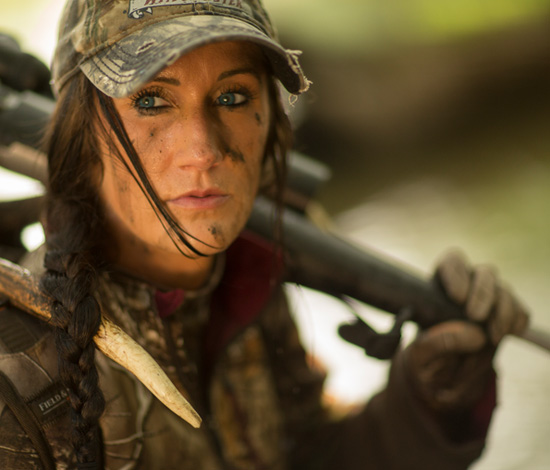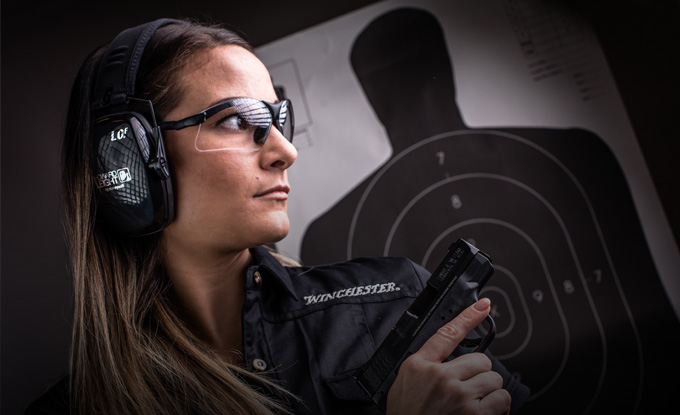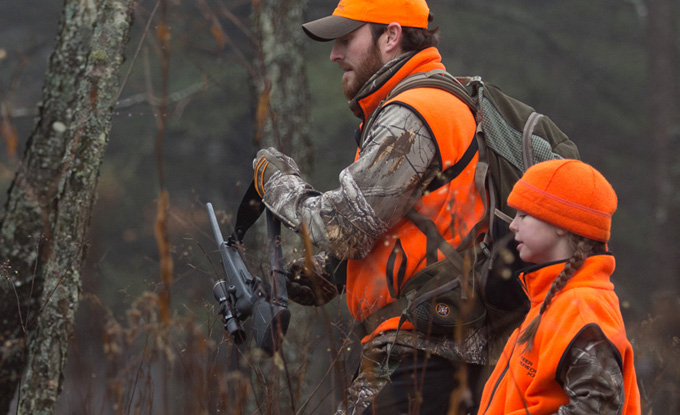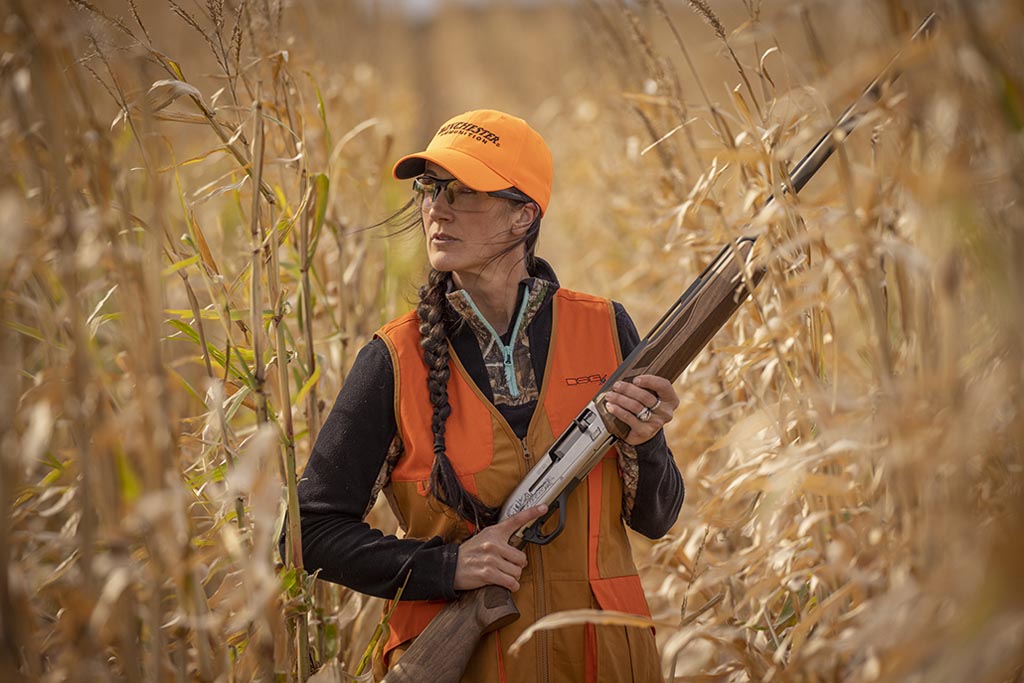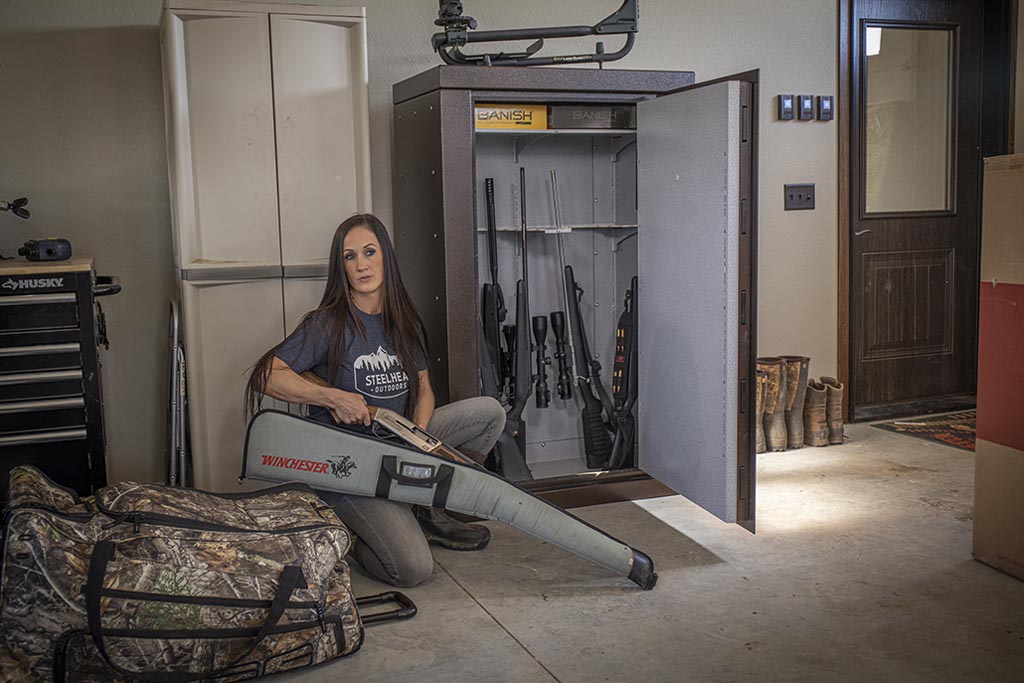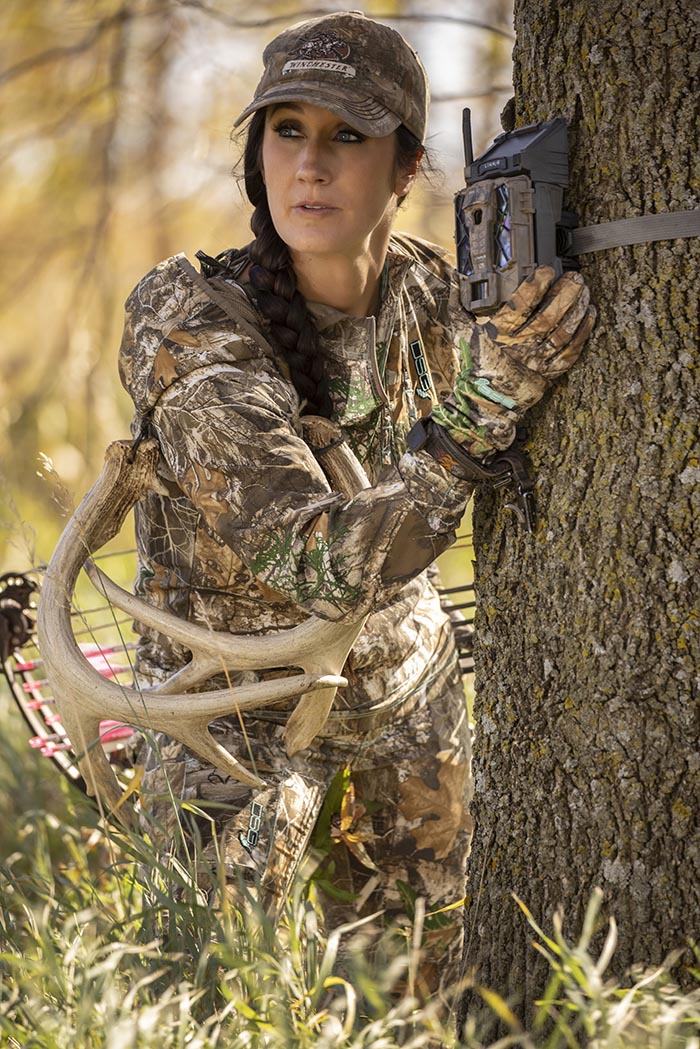So You want to Start Hunting, Whats Next?
First off, welcome!
There is nothing that makes me happier than hearing someone wants to begin hunting. This is my sentiment as well as a vast majority of the hunting community.

So, know you have millions of fellow hunters cheering you on and available to help answer questions. You’re not going to know it all right away, and this is totally okay! Every single one of us started from scratch at some point and we are constantly learning.
My first suggestion is to do a little research. Find out what type of game is in the area you live and when seasons are open. You’d be amazed at how helpful most game and fish offices are with the most basic questions as well. They want you to be legal, have a wonderful experience and come back year after year. Every state will have a hunting handbook for each year with every piece of information you could need. This will tell you what is legal to hunt, season dates, shooting hours, even descriptions of animals so you know the difference along with regulations when it comes to wearing blaze orange, caliber or gun restrictions, etc.
Next you need to get proper training - many states require hunter safety courses. Taking such a course is incredibly important so you have a good teacher explaining how to safely handle firearms. Even if you decide not to go hunting or have non-hunters in your family, this is an amazing course for everyone to take. Being familiar with a firearm is super important and most fear comes from the unknown. Check out International Hunter Education Association online for more information on a course near you. Too, a lot of your local sporting goods stores offer course so give them a call as well.
Once you decided what you plan to hunt and when you plan to do it, you’ll need to get geared up. Always make sure the ammunition you are buying matches the gun you’ll be shooting. Also, ensure it has enough knockdown power to ethically harvest an animal.
Winchester has done an incredible job of making ammunition specific to your needs so you know by looking at a box of ammo what it’s for. For example, if you plan to hunt deer, they make Deer Season XP. If you plan to hunt coyote, they make Varmint-X. The list goes on and is extremely helpful when determining what type of ammunition you may need.
Get a Safe Storage Location. It is so important to lock up guns and ammunition so it never falls into the hands of someone other than yourself. There are tons of safe options now that will fit literally every persons’ needs. Even if you’re in a townhome, apartment, or house there are options everyone can get. I decided to go with a modular safe because you can bring it into your home one panel at a time. Two people can easily carry each panel and then you assemble it into the room or area of your choice. It can go in elevators, up and down stairs, in closest; wherever best suits your needs. The company is Steelhead Outdoors based out of my home state of Minnesota. Everything is American made and they do an incredible job working with you every step of the way.
Practice makes perfect. You need to be proficient not only in your shooting but how comfortable you are with loading and unloading your gun. It’s important to learn your own personal limitations as to how far you can shoot and in what conditions. I personally always use shooting sticks when practicing and hunting because they ensure I’m rock solid and steady. I can take much longer shots this way versus if I was trying to shoot freehand. The most important part is to learn what you and your gear can do so you’re not guessing in the field and making poor decisions.
Finding a place to hunt. There are incredible mapping apps out there now, like HuntSTAND that show you all the property lines and ownership. This works great if you know of an area near your home you’d like to hunt and can go visit with the landowner to ask permission. There are also millions of acres of public land around the country and easily viewable with the app. Once you decide on a location, spend some time scouting and getting to know the area/terrain prior to the season. Look for game trails, food sources, watering holes, any type of sign that can point in you in the right direction. Placing trail cameras out (if legal in your state – check with your hunting regulations) is another great way to learn a piece of property without having to be there each and every night to scout.
Lastly, learn how to field dress an animal and properly take care of it before you head out hunting. Watch videos, read articles and learn what needs to be done so meat is in the best condition possible. Wild game is incredibly delicious and nutritious, but you need to ensure it gets cooled and processed properly. Also, read up on regulations as to leaving certain organs attached as proof of sex and where your tag needs to go. Some states require it in different locations.
Remember that not every hunt ends with a successful harvest. Enjoy time outdoors and soak in every moment. You will make mistakes, you will learn from your mistakes but the most important part is to have fun!
